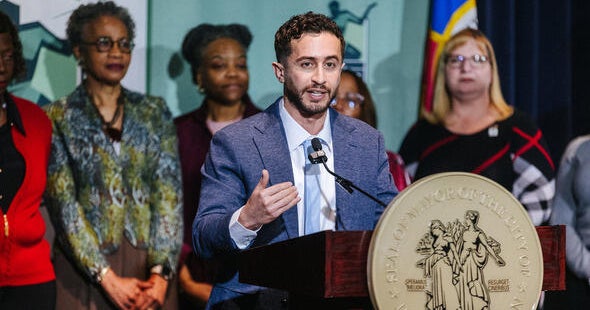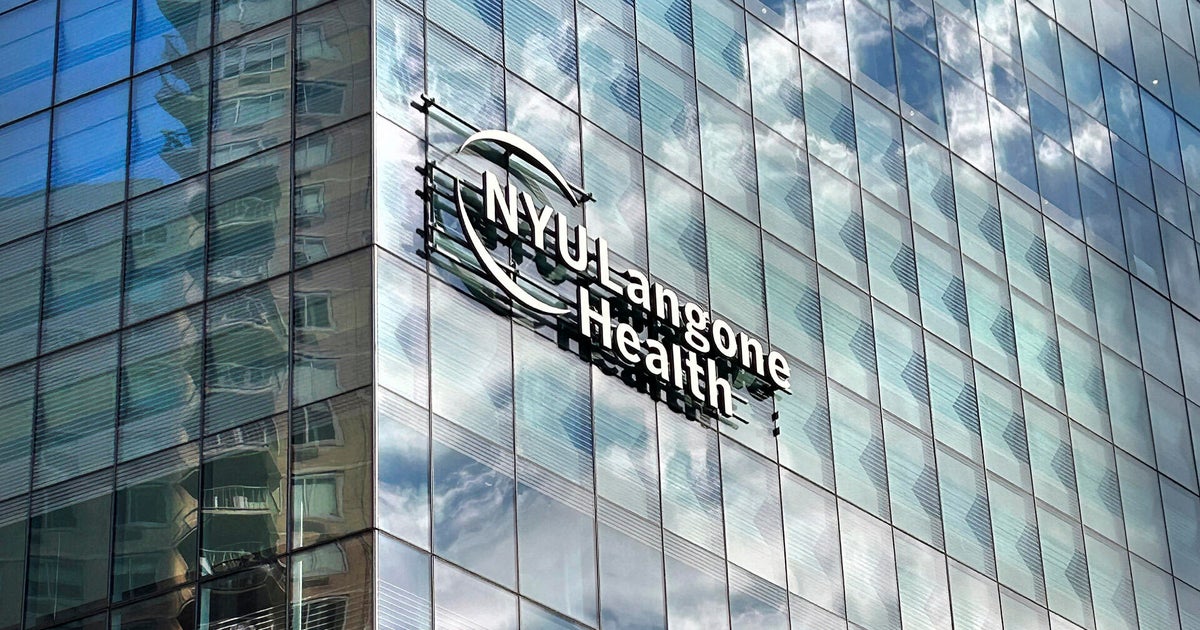The Iron Pipeline and LifeBridge Health's fight for safer communities
Sponsored by and provided by LifeBridge Health
Earlier this year, U.S. Surgeon General Dr. Vivek Murthy issued an advisory declaring firearm violence a public health crisis. For healthcare systems like LifeBridge Health, this came as no surprise. Instead, the recognition underscored what we already know: the ripple effects of gun violence extend far beyond the moment of an attack.
Every day, we see the physical toll in our emergency departments, where medical teams fight to provide life-saving care. We see the emotional devastation at victim services centers, where forensic coordinators and nurse examiners support survivors and their families. And we see widespread trauma in our communities, where programs like Safe Streets work tirelessly to interrupt cycles of violence and build safer neighborhoods.
These efforts are vital, but they address symptoms rather than root causes. So, LifeBridge Health is launching an initiative to confront one of the systemic drivers of firearm violence in our communities: illegal gun trafficking.
What is the Iron Pipeline?
The Iron Pipeline refers to Interstate 95, a major north-south corridor used by gun traffickers to transport firearms from states with weak gun control laws to those with stricter regulations. The highway runs through states including North Carolina, South Carolina, Georgia and Florida, where traffickers can purchase weapons inexpensively and resell them for profit in high-demand areas.
Research published in JAMA Network Open by the Columbia University Mailman School of Public Health confirms that "interstate gun transfers are a major contributor to gun crime, injury and death in the United States." Maryland, with its stringent background checks, age restrictions and private-sale limits, is particularly affected. These regulations make it harder to obtain guns legally, driving black market demand for trafficked firearms.
Key statistics illustrate the impact:
- Maryland ranks among the top states for trafficked guns.
- Over 500,000 gun crimes are linked to the Iron Pipeline since 2010.
- 2/3 of crime guns in Maryland are trafficked from southern states.
Our communities are feeling the downstream effects, with LifeBridge Health's 2024 community health needs assessment identifying gun violence, neighborhood safety and gun safety as their top health-related social concerns.
The Cost of Inaction
Firearm-related injuries have been the leading cause of death for U.S. children and adolescents aged 1 to 19 since 2020, surpassing car crashes, cancer and drug overdoses, according to Centers for Disease Control and Prevention. In 2022, 48,204 people died from gun-related injuries—an alarming rise from previous years. But the toll of gun violence extends far beyond lives lost, reaching survivors, families and communities.
"Our doctors, nurses and caregivers treat those affected by gun violence and see firsthand how it can shatter lives," explains Neil Meltzer, president and CEO of LifeBridge Health. "Often overlooked are the victims' families whose lives are also dramatically changed by an incidence of gun violence. Those who witness the violence, including community members, are also affected, leaving lingering trauma."
- Survivors of violence will not only face potential long-term physical pain, repeated hospital visits and ongoing rehabilitation, but also "increased incidences of depression, anxiety, posttraumatic stress disorder, and suicide; increased risk of cardiovascular disease; and premature mortality," according to research published in Health Affairs.
- Families endure grief, financial strain and the ongoing challenges of caregiving.
- Communities exposed to persistent violence suffer eroded safety, economic stagnation and, often, a lack of resources for children and witnesses to process trauma, perpetuating cycles of violence.
"To stand by and do nothing would imply that we are okay with the status quo," says Meltzer. "We are not."
Our Response
In direct response to the ongoing flow of illegal guns into Maryland, LifeBridge Health has launched "Stop the Iron Pipeline," a campaign designed to raise awareness and inspire action.
"Many Marylanders are likely unaware of the Iron Pipeline and its detrimental impact on our state," says Meltzer. "Stop the Iron Pipeline represents a unique opportunity to educate and engage with our fellow citizens and encourage action to ultimately reduce the impact of gun violence."
At the heart of the campaign is a three-and-a-half-minute film featuring original music from Maryland native and Grammy-nominated rapper Logic, with backup vocals from a Baltimore area children's choir. This piece vividly illustrates the devastating impact of the Iron Pipeline and aims to engage all members of our community—including youth and teens—in addressing this very real public threat.
How You Can Help
LifeBridge Health's mission is to improve the health of the people and communities we serve. Addressing gun violence is an integral part of that commitment, and we invite you to join us in taking action.
Visit StopTheIronPipeline.org to learn more about the initiative. On the site, you'll find:
- Our plans to put pressure on Iron Pipeline states and pursue collaborative legal action alongside others affected.
- A petition to advocate for new policies in Maryland.
- Resources to connect with your state and national representatives.
- A platform to share your story about how gun violence has impacted your life.
We also encourage you to join the conversation on social media using the hashtag #StopTheIronPipeline. Personal stories add powerful, real-world voices to the push for change and inspire others to take action.
Together, we can stop the flow of illegal guns into Maryland and build safer, healthier communities for future generations.







